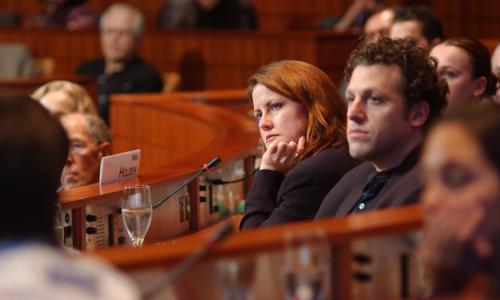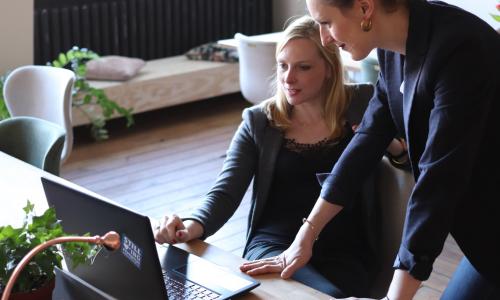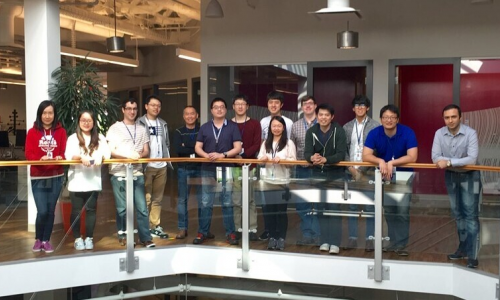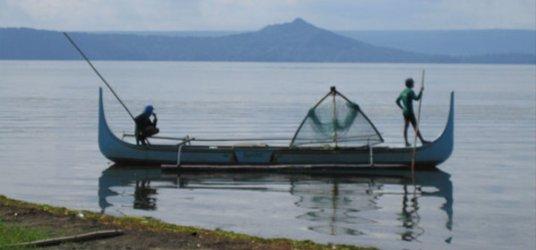
On April 23rd 2005, I left on a life-changing Co-op experience. This adventure took me to a little cluster of more than 2000 islands, which comprise the Philippines. My job was working for the International Association for Transformation. My aim was to diminish tribal warfare and create a peer counselling system.
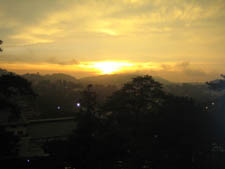
I landed in Manila, completely alone and with only one day's worth of clothing. I had rough directions on how to get to a small town, sent to me three months prior by my Canadian correspondent. I was headed to the northern part of the main island, an area still severely plagued by tribal warfare. My journey there was an adventure in itself, consisting of hitchhiking, long detours around war zones and winding roads that scraped the bus on one side and threatened a plummeting death on the other. I finally arrived at an obscure, unromantic town - only to find that those waiting for me had no idea who I was, or even that I was coming. That was my first indication as to how unreliable the local communication system was.
The months that followed were difficult, but incredibly rewarding. It was challenging because I had to create all the projects I undertook and although the staff did their best to help, they were so overworked and under-funded that I was left mostly to fend for myself.
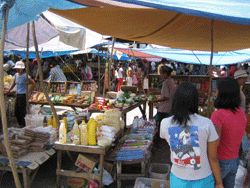
My most satisfying project was creating and implementing a peer counselling system in the local high schools. I had been a peer counsellor for seven years in Canada and thus, know the techniques very well. However, I found utilizing these techniques somewhat challenging, as the Filipino culture is quite different; for example, loneliness is the most common ailment in our society, but is almost non-existent there. It took me two months of travelling to different villages and observing the Filipino culture to create a module of peer counselling that adequately addressed issues relevant to their culture. I trained the staff and some students and was just able to implement the system before I left. I can’t express the joy I felt in seeing the children use their new skills on their friends and being able to witness the slow change taking place!
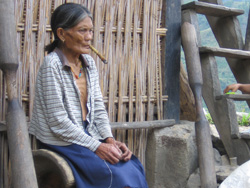
Another perk was that I also traveled to various universities and colleges to lecture to the students about conflict resolution. As I mentioned earlier, there is a lot of tribal warfare in the area; once one tribe attacks another, pride motivates the victim to retaliate, which perpetuates the cycle. My aim was to teach the youth (and suggest to the tribal elders) different ways in which one can avoid the conflict altogether, and ways to make a solution effective.
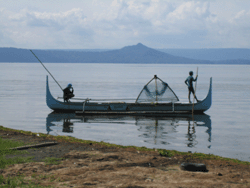
My projects allowed me to travel to countless little villages and participate in many different ceremonies. I got a glimpse into the incredible Filipino culture at such a profound depth that I felt as though it was the first time I had ever been travelling. I was privileged enough to witness the ceremony of a revered witchdoctor, whom people hiked for days to see with hope that she might cure their disease. Families who had no food would insist that I have dinner with them. I was invited to weddings and funerals and was even given the honour of being a godmother. Of course, all this lavish attention came with a price. I could never, not even after six months, leave my house without the whole town making a fuss. People would holler or stop what they were doing to simply stare at me until I was out of sight. I had no privacy whatsoever, and at moments it almost drove me to insanity!
Looking back I wish that I had had a better understanding of the culture before I left, so that I knew what my limits would be, and perhaps would then have saved myself enormous amounts of frustration. However I’m not sure if one can really prepare themselves for this type of experience. I was humbled by the generosity of these people and the amount that I learned about myself from them and I am extremely grateful for this amazing experience.
Beyond the Blog
- Visit the International Co-op page for more information on opportunities like Cleo's!











